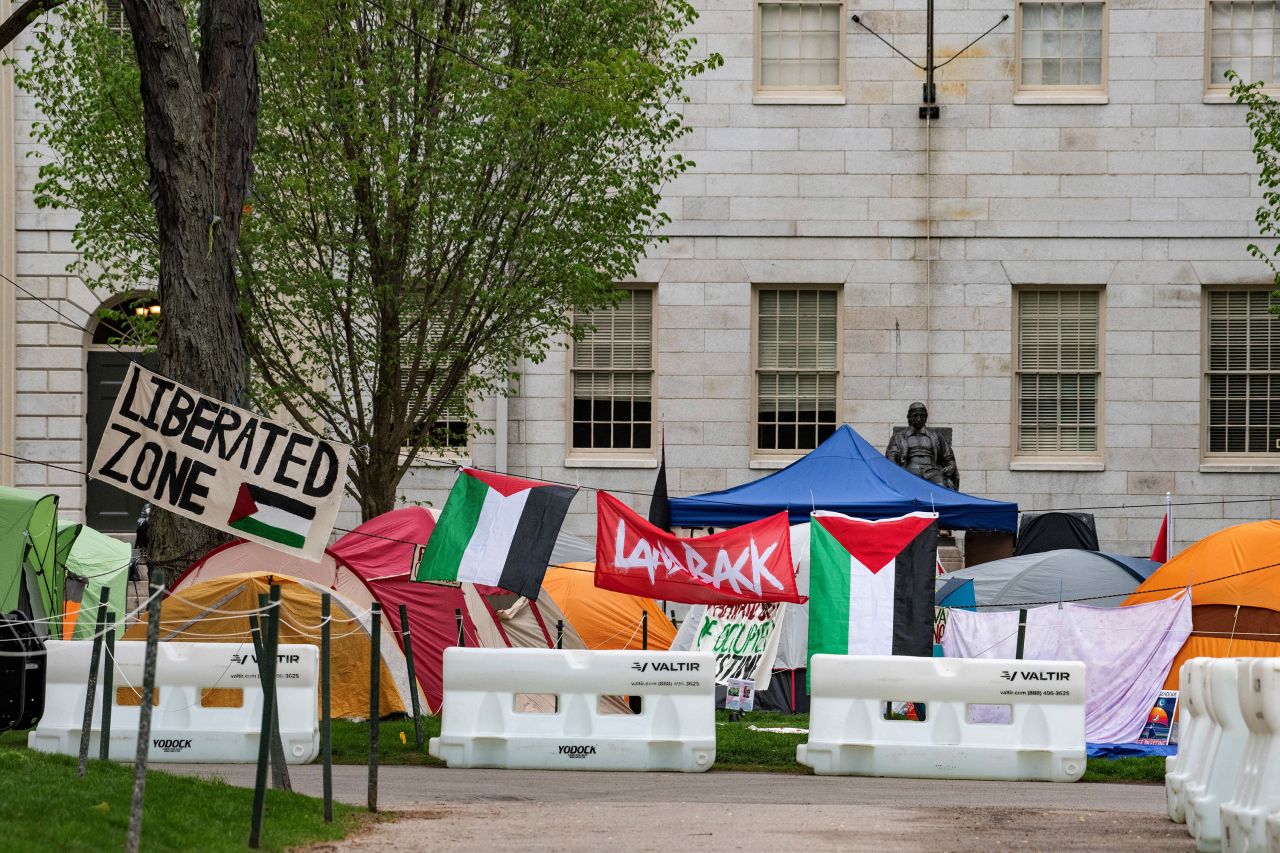U.S. Government Issues Subpoena to Harvard University Over Foreign Students and Pro-Palestinian Protests
The U.S. government has taken a significant step in its ongoing efforts to scrutinize the role of universities in shaping political discourse, particularly regarding issues related to Israel and Palestine. The Trump administration has issued a subpoena to Harvard University, demanding detailed records of foreign students involved in pro-Palestinian protests. This move is part of a broader initiative by the administration to combat what it describes as anti-Semitic and “woke” politics within major American academic institutions.
Since his re-election and inauguration in January, President Donald Trump has intensified pressure on elite universities, accusing them of promoting political narratives that support anti-Israel sentiments. Harvard, one of the most prestigious institutions in the country, has been at the center of this controversy. The university has faced funding reductions, legal challenges, and repeated attempts to restrict the admission of foreign students.
The Department of Homeland Security (DHS) has stated that after multiple previous requests, it is now issuing a legal summons to compel Harvard to provide records dating back to January 1, 2020. These documents include all communications and data related to immigration compliance, foreign students, and campus protests. The goal is to investigate whether the university has allowed foreign students to misuse their visa privileges or support activities deemed harmful to national security.
DHS officials, including Assistant Secretary Tricia McLaughlin, have accused Harvard of enabling foreign students to engage in actions that could be linked to violence or terrorism on campus. In response, the government is considering canceling existing student visas and barring new foreign students from entering the country as part of a broader policy shift.
So far, Harvard has not publicly commented on the matter. However, the university has taken legal action against federal efforts to block student visas. Recently, a judge ruled against the administration’s attempts to limit access for international students, signaling a potential challenge to the government’s stance.
Foreign students play a crucial role in Harvard’s operations. They make up 27% of the university’s 2024-2025 enrollment and contribute significantly to its financial stability. The ongoing conflict between Harvard and the federal government could have long-term consequences for international education in the United States.
Key Points of the Conflict
- Subpoena Issued: The U.S. government has demanded detailed records from Harvard, focusing on foreign students involved in pro-Palestinian protests.
- Accusations of Misuse: Officials claim that some foreign students may be abusing their visa privileges and supporting activities linked to violence or terrorism.
- Legal Challenges: Harvard has taken legal steps to counter federal efforts to restrict student visas, with recent court rulings favoring the university.
- Financial Impact: International students are a vital revenue source for Harvard, raising concerns about the broader implications for U.S. higher education.
As the situation unfolds, the outcome of this dispute could set a precedent for how universities across the country navigate the complex relationship between academic freedom, immigration policies, and political activism.







